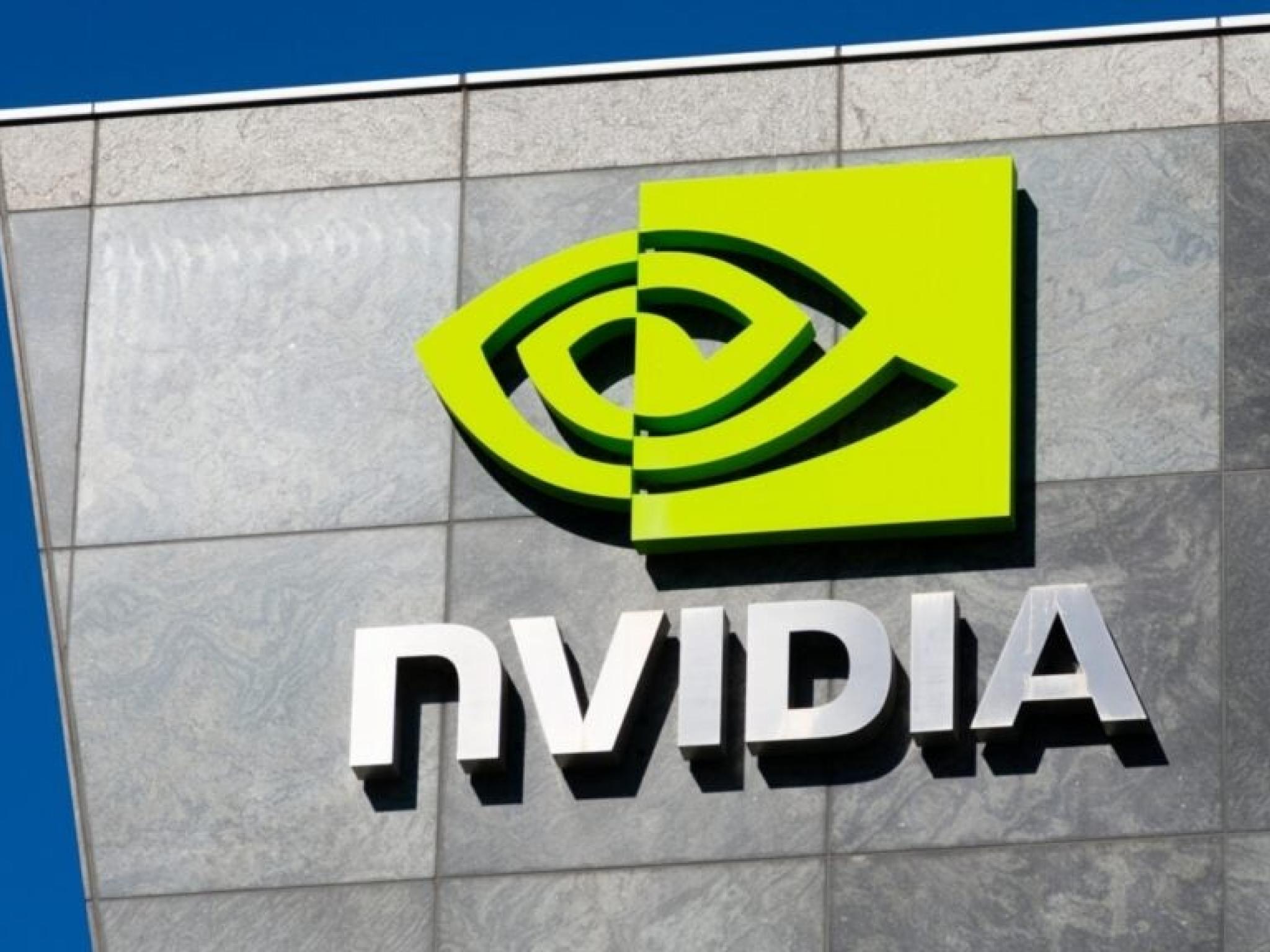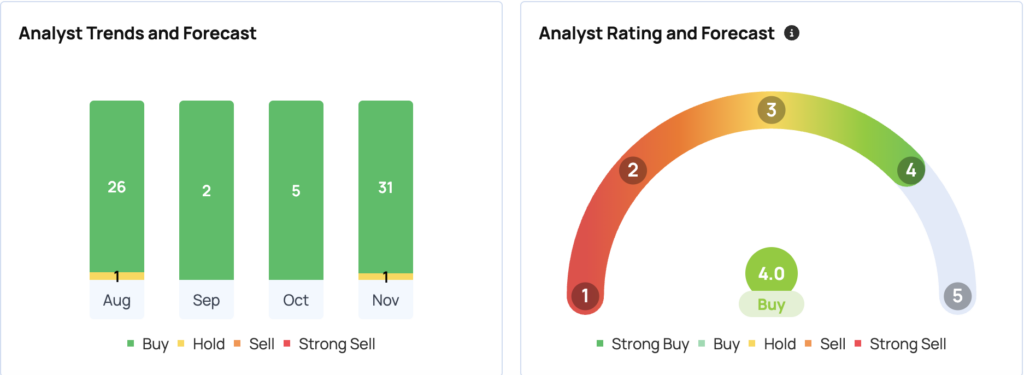
On Monday, China launched an antitrust investigation into Nvidia Corporation (NASDAQ:NVDA). However, a top analyst maintains that the case may go unresolved.
What Happened: The investigation, reported by Chinese state media, centers on Nvidia's acquisition of Israeli networking company Mellanox Technologies, approved in 2020, and its potential violations of China's anti-monopoly laws.
Authorities are examining whether Nvidia bundling its AI chips with Mellanox's NVLink technology limits competition and whether the company provides lower-performance solutions to Chinese customers.
In a blog post, analyst Ming-Chi Kuo of TF Securities noted the geopolitical implications, suggesting the investigation could give China leverage amid U.S.-China tensions.
"This case may remain unresolved in the near term," he said, predicting the probe could follow historical precedents, such as Qualcomm's (NASDAQ:QCOM) 15-month antitrust investigation in China.
China accounts for only 5% of Nvidia's data center revenue. Kuo believes the financial impact on the company will likely be limited in the short term but warned of future investigations.
"Investors should be prepared for potential scenarios where Nvidia's practices, including CUDA, come under further examination," he said.
Compute Unified Device Architecture is a parallel computing platform and API by Nvidia that enables developers to use GPUs for general-purpose computing with accessible programming tools and languages like C, C++, and Python.
Subscribe to the Benzinga Tech Trends newsletter to get all the latest tech developments delivered to your inbox.
Why It Matters: This development coincides with President-elect Donald Trump’s ongoing suggestions of imposing higher tariffs on Chinese imports — a move that typically shifts the financial burden onto domestic consumers through increased prices.
Technology experts appeared to minimize the significance of Chinese regulators’ investigation into Nvidia.
For instance, analyst Patrick Moorhead noted that the investigation into Nvidia was unsurprising, given its dominant over 90% market share in a critical industry. Daniel Newman called the allegations speculative. Angela Zhang, a USC law professor suggested that China could be leveraging antitrust law as a tool against U.S. sanctions.
Nvidia is the world's leading provider of AI chips, with a market cap of $3.399 trillion, making it the most valuable company worldwide after Apple Inc.
Last month, Nvidia posted third-quarter revenue of $35.1 billion, a 94% increase year-over-year, surpassing the Street consensus estimate of $33.12 billion.
Price Action: Nvidia’s stock fell 2.55% on Monday, closing at $138.81, with an additional 0.63% decline in after-hours trading. Despite this, Nvidia shares have skyrocketed 188.17% year-to-date, significantly outperforming the Nasdaq 100 index’s 29.6% gain over the same period, according to data from Benzinga Pro.
The consensus price target for Nvidia, based on assessments from 40 analysts, is $170.56, with Rosenblatt projecting the highest target at $220 as of Nov. 21. Latest ratings from DA Davidson, Phillip Securities, and Truist Securities average $154.67, suggesting a potential upside of 12.13%.

Check out more of Benzinga's Consumer Tech coverage by following this link.
Image via Shutterstock
Read Next:
Disclaimer: This content was partially produced with the help of AI tools and was reviewed and published by Benzinga editors.







